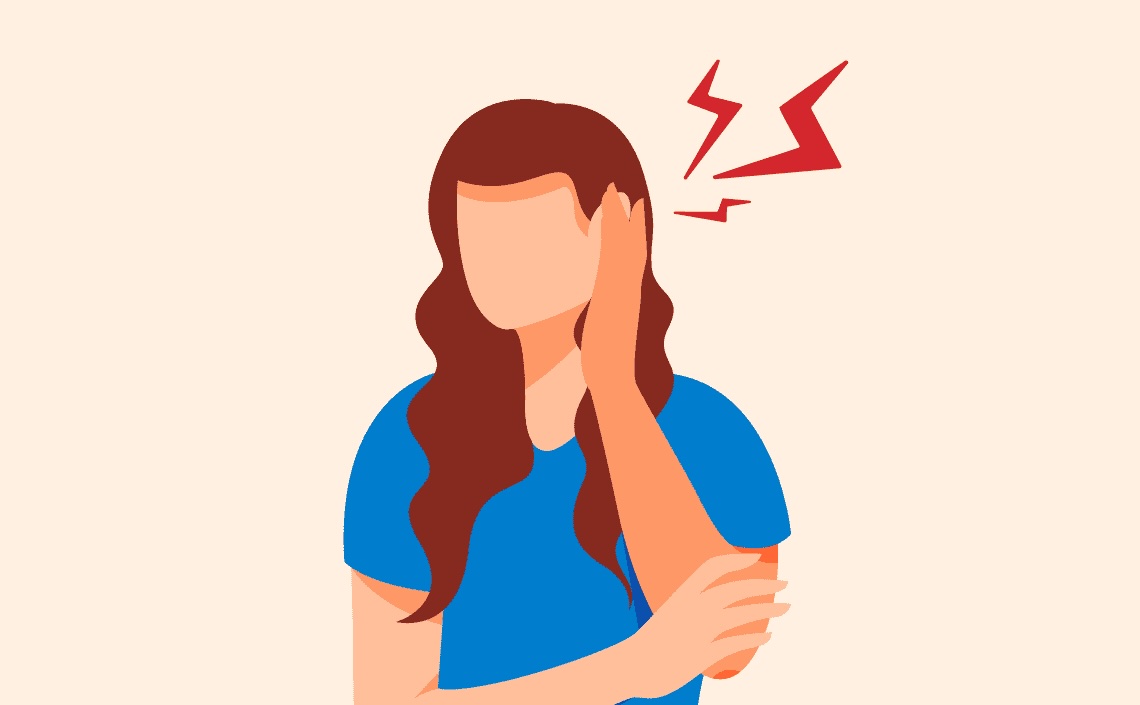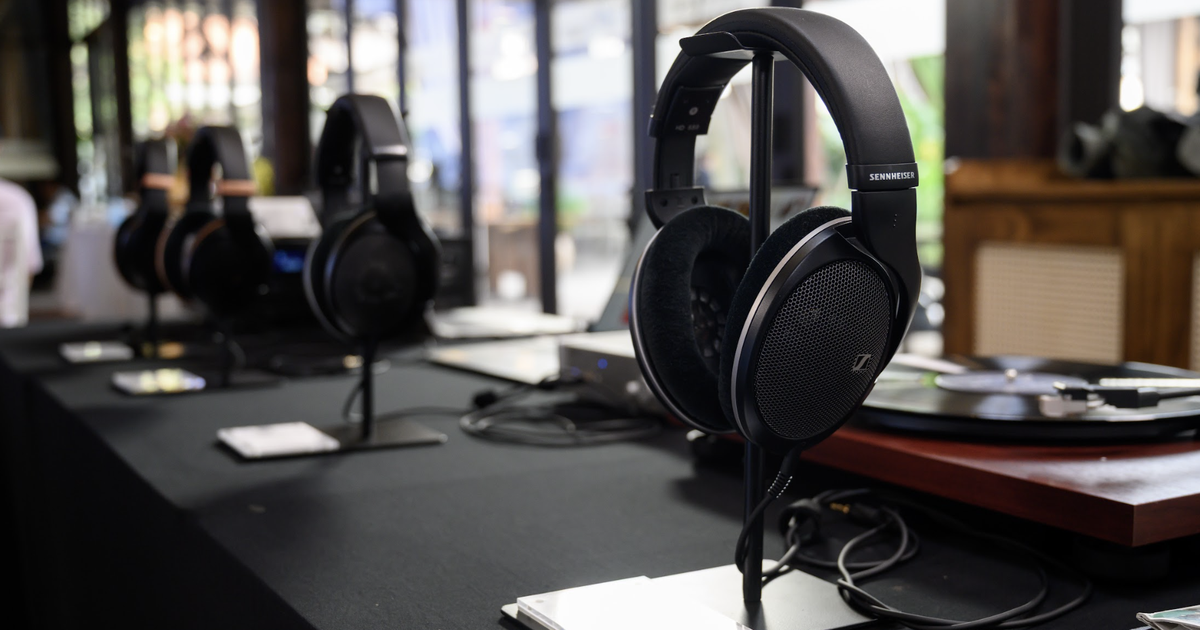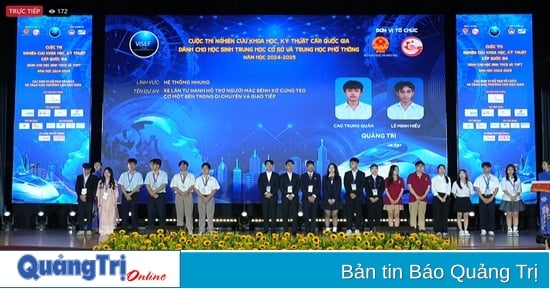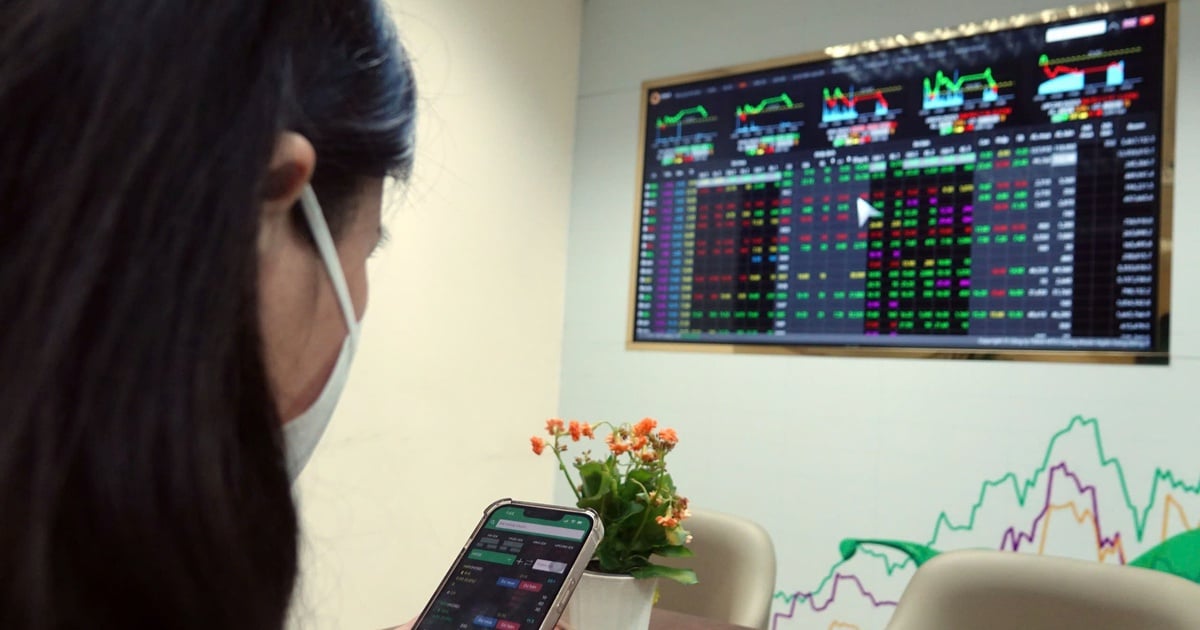Tinnitus is the perception of ringing or other noise in one or both ears that is not caused by external sounds. Tinnitus is a common and often debilitating condition. According to The Guardian , the condition is thought to affect 7.6 million people in the UK.
There is currently no cure for tinnitus, but there are many ways to reduce symptoms. Common treatments include sound therapy devices (including hearing aids), behavioral therapy, medication, and cognitive behavioral therapy (CBT), which reduces the emotional connection to sound and allows the brain to learn to adjust. However, CBT is expensive and difficult for everyone to access.
So the researchers created the MindEar app, which delivers CBT via chatbot alongside other approaches such as sound therapy. Writing in the journal Frontiers in Audiology and Otology , Dr Bardy – who also suffers from tinnitus – and colleagues describe how a group of 28 people completed the study, with 14 asked to use the app’s virtual coach for 10 minutes a day for eight weeks. The remaining 14 participants received similar coaching over four half-hour video calls with a clinical psychologist.

Tinnitus is a common and often debilitating condition.
Participants completed an online questionnaire before and after the eight-week study. The results showed that the six MindEar-only participants and the nine video callers showed clinically significant reductions in tinnitus distress, with similar levels of benefit for both groups. After eight weeks, a total of nine participants in both groups reported improvements.
MindEar is not the first app to help with tinnitus. The Oto app is currently being tested in the UK. Matthew Smith, an otolaryngologist at Cambridge University Hospitals NHS Foundation Trust, said apps could provide a useful way to tackle tinnitus, particularly by opening up treatment to more patients.
Source link



![[Photo] "Beauties" participate in the parade rehearsal at Bien Hoa airport](https://vstatic.vietnam.vn/vietnam/resource/IMAGE/2025/4/11/155502af3384431e918de0e2e585d13a)

![[Photo] Looking back at the impressive moments of the Vietnamese rescue team in Myanmar](https://vstatic.vietnam.vn/vietnam/resource/IMAGE/2025/4/11/5623ca902a934e19b604c718265249d0)


























![[Photo] Summary of parade practice in preparation for the April 30th celebration](https://vstatic.vietnam.vn/vietnam/resource/IMAGE/2025/4/11/78cfee0f2cc045b387ff1a4362b5950f)





























































Comment (0)